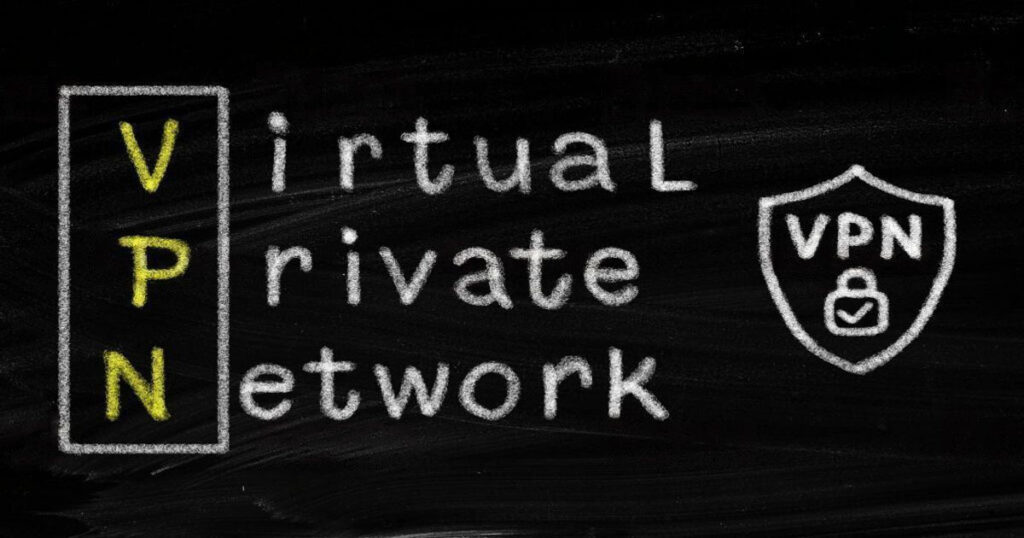
A virtual personal network VPN provides your online privacy and namelessness by making a non-public network from a public web association. It also lets you appear to be anywhere in the world, enabling you to access geographically restricted services such as the US Netflix library from the UK, or Hulu from Japan. Here’s how it works.
What is a VPN?
A private network that encrypts and transmits knowledge whereas it travels from one place to a different. A VPN extends a personal network across a public network, like the net. It permits users to send and receive knowledge across shared or public networks as if their computing devices were directly connected to the personal network. Applications running on a computing device, such as a laptop, desktop, smartphone, or tablet, can be enabled to access resources on the private network as if they were on the local network.
Types of Virtual Private Network:
There are many types of VPN available today. Remote access can be used by employees to securely connect to their company’s network from a remote location. Which connects an organization’s network to its partners’ or suppliers’ networks. A virtual private dial-up network VPDN typically connects remote users with enterprise systems via either dial-up or broadband connections to protect data during transmission.
A VPN encrypts all traffic in both directions, making it far more difficult for any would-be hacker to intercept and crack your communications even if they’ve tapped into your ISP’s servers. So while you may still get hacked either through some other security hole in your system, as with Equifax; as with Yahoo back in 2013
Why Do I Need A VPN?
A VPN, or Virtual Private Network, is a tool that helps to keep your data and identity safe online. When you connect to the internet, your data is sent through an encrypted tunnel to a server. This server then sends your data out onto the internet. This means that anyone United Nations agency who tries to intercept your knowledge can solely see meaninglessness.
VPN can help to hide Flexibility your IP address, making it harder for people to track you online. All of this makes it much more difficult for hackers to steal your information from the devices you use on a daily basis. You should also know that when using public WiFi networks, like those at coffee shops and airports, other users on the network may be able to access some of your data if they have powerful enough software installed on their device.
How Does a VPN Work?
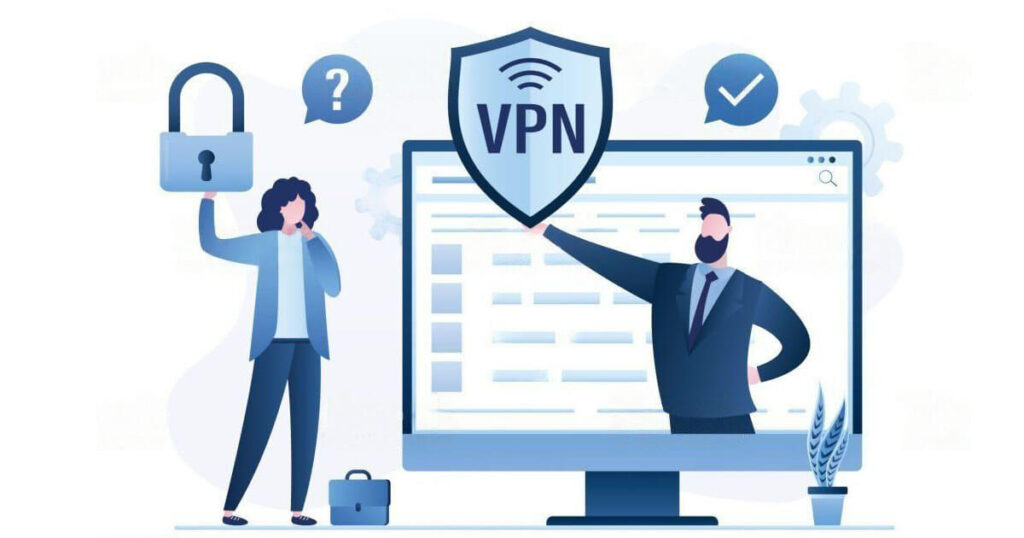
A VPN is a tool that helps to keep your data and online activity private. When you connect to the internet, your data is sent through an encrypted tunnel to a server. This server then sends your data onto the internet. This means that anyone WHO tries to intercept your information can solely see meaninglessness. You can even use a VPN to mask your true location. You’ll have all of the benefits of accessing websites from different locations without worrying about things like geoblocks or getting blocked because of where you are located.
What Kind of VPN Should I Get?
There are a few different types of VPN, and each has its own set of benefits. If you’re looking for a VPN to protect your data, here are a few things to keep in mind:
A Virtual Private Network is a type of security software that encrypts your data and protects your privacy online.
A VPN can also hide your IP address, making it harder for others to track your online activity.
There are a few different types of VPN each with its own set of benefits.
If you’re looking for a VPN to protect your data, make sure to choose one that offers military-grade encryption and doesn’t keep logs of your activity.
Balancing Security and Flexibility on the VPN:
A Virtual Private Network (VPN is a secure connection between two or more devices. This encrypted tunnel prevents criminals from intercepting your data as it travels across the internet. A VPN also allows you to spoof your location, which can be helpful if you want to access geo-blocked content. While a VPN offers great security and flexibility, it’s important to choose a reputable provider. Otherwise, you run the risk of having your data compromised by malicious actors.
The Best Virtual Private Network for Streaming:
A Virtual Private Network is a great way to add security to your online activity. Encrypts your data and routes it through a remote server, making it difficult for anyone to snoop on your activity or steal your data. Can also assist you to access blocked websites and content. Plus, using a steaming VPN can improve your online privacy by hiding your IP address from prying eyes.
Private VPN:
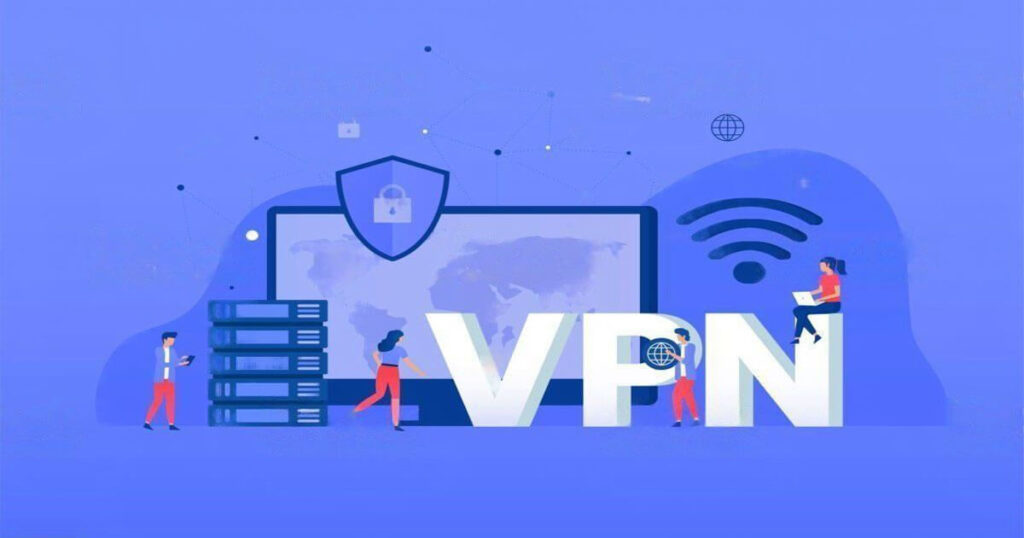
Private steaming is a networking technology that creates a secure network connection over a public network. This allows private individuals and companies to send and receive data over the Internet securely and privately. Private also be used to bypass Internet censorship and geographic restrictions. Private networks are often used by businesses to protect sensitive data. When connecting to a private VPN, all your data is encrypted so it cannot be read or intercepted by anyone else in between. You should choose a reputable company that respects your privacy if you’re going to use this service at work.
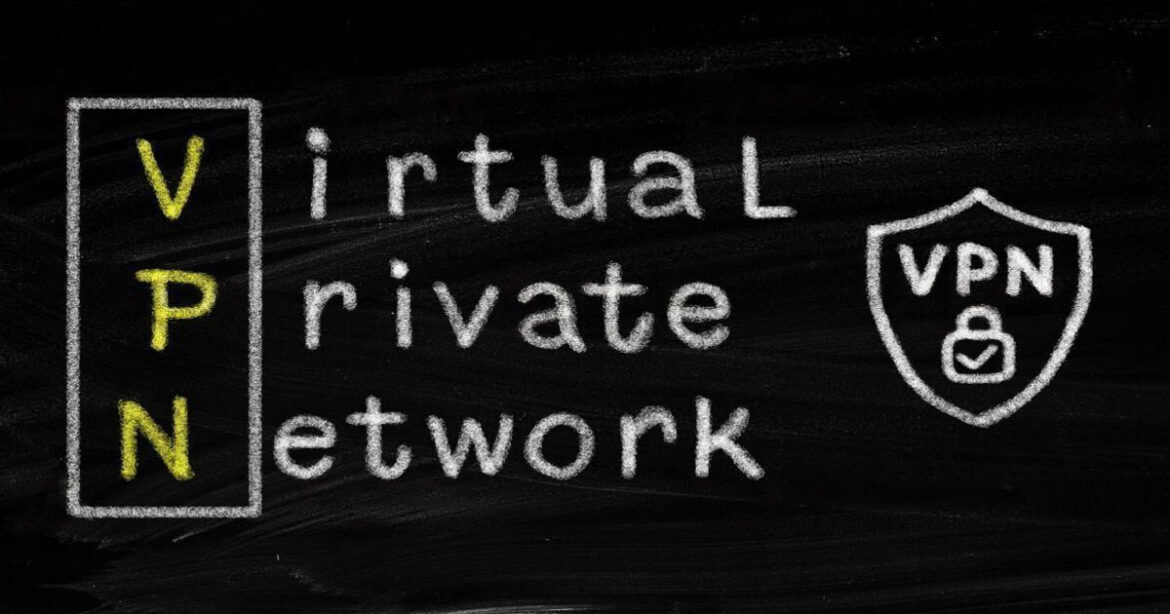


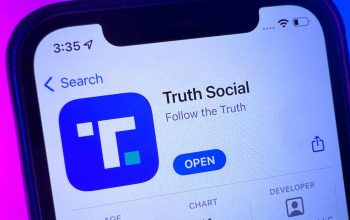
Looking for 4G Mobile proxies? Check this out: https://www.proxies.tv/cart.php?gid=1
Want large amounts of residential and mobile 4G proxies? Check it out: https://www.proxies.tv/cart.php?gid=1